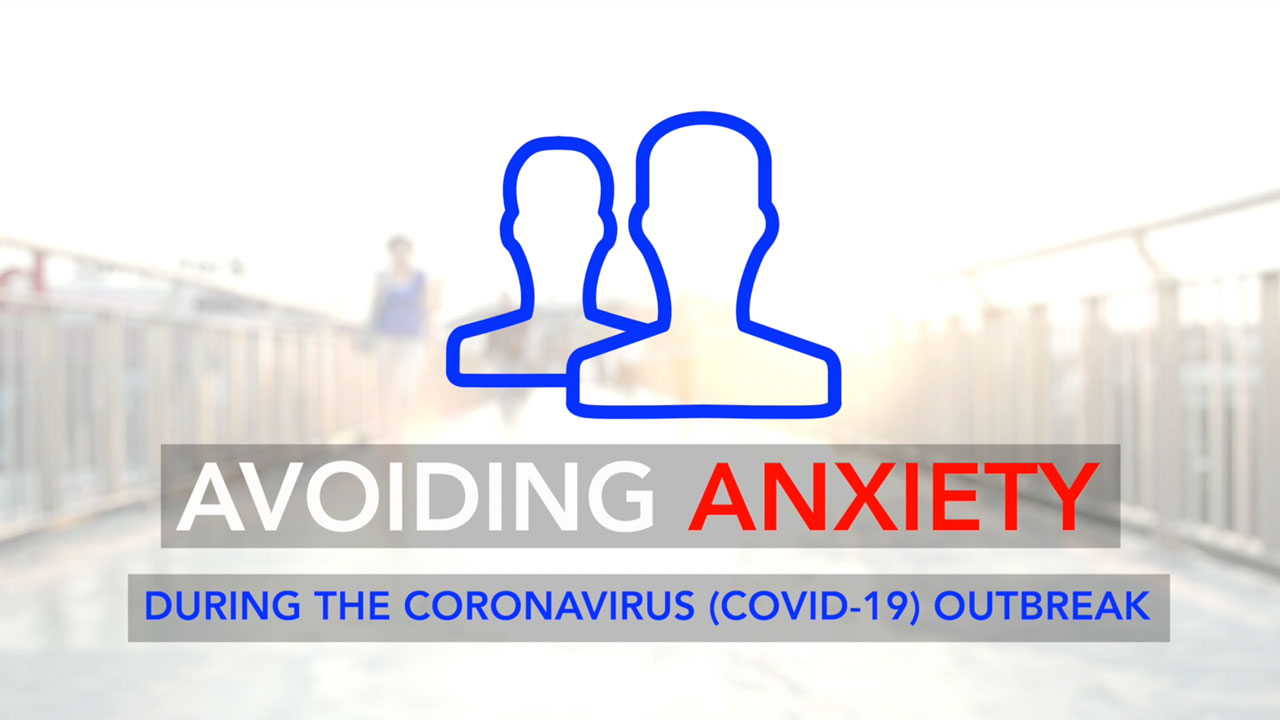
As the COVID-19 outbreak continues to spread throughout our community, we have all been impacted. On a practical level, the closures of schools, gyms, and restaurants have upended our lives and have forced most to practice social distancing or even quarantine in their homes.
For many of us, the impact of the pandemic is akin to a prolonged traumatic experience and can take a toll on our emotional wellness. Our usual approach to life and the rules we follow are no longer in place. The normal lifestyle and function of a routine in a relatively safe and stable world now feel compromised. When our normal way of life is overturned, and our sense of safety and security is disrupted, what can you do?
Maintaining Physical Wellbeing
There is a close relationship between our mental and physical health—when one area of our health suffers, so does the other. When experiencing a traumatic situation, here are some of the best tools to combat the experience:
- Get enough sleep: Sleep is often one of the first self-care actions to go when one is under stress, but it is essential in order to keep the mind sharp and one’s emotions level.
- Exercise: Exercise has an immediate positive impact on one’s mood and can help reduce feelings of stress and anxiety. Taking 15 minutes to go for a walk, to stretch and to move one’s body is a very quick way to achieve the benefits of self-care.
- Eat well: During times of stress and anxiety it is easy to fall into negative food habits but in order to protect ourselves and reap the benefits of the food-mood connection it is important to eat regularly and with balanced meals. This protects us both emotionally and physically.
Other Self-Care Actions to Take
Self-care is essential. It requires thought and commitment. Make a plan to take care of and protect yourself by getting back to some of the fundamentals tied to wellness.
In addition to getting enough sleep, exercising, and eating well, here are some other self-care tips to practice:
- Try a wellness app (meditation, mindfulness).
- Be in the NOW. (when our minds wander and fear sets in, return to the present).
- Practice positive self-talk. “This is temporary.” Acknowledge that while we are in limbo, it will not go on forever. “You will adjust, you will heal, and we will recover.”
- Embrace positive distractions: binge a TV show, listen to music, flip through a magazine.
- Don’t become a media junkie. It fuels the anxiety with no benefit. Turn it off!
- Connect with others through technology. Call, text, use FaceTime!
- Take breaks throughout the day.
Additional Resources
- In this Together: A Practical Discussion on Worry, Stress, and Anxiety, Englewood Health and Englewood Library team up in a presentation on managing worry, stress, and anxiety.
- Meditate with Mary Ann: The Graf Center for Integrative Medicine invites you to join a meditation workshop with Mary Ann brought to you by The Rodgers Family Meditation Program.
- Tips For Social Distancing, Quarantine, And Isolation During An Infectious Disease Outbreak, produced by the Substance Abuse and Mental Health Services Administration.
- Taking Care of Your Emotional Health, information from the CDC
- Health Care Provider Well-Being During COVID-19, a resource for health care providers and other hospital and clinic staff who are on the frontlines of the pandemic.
- NJ Hope Line (855-654-6735) New Jersey’s 24/7 peer support and suicide prevention line.
- State and National Resources
- Front Line Resilience & Recovery in a Pandemic
Updated June 9, 2020
Other links or resources
Consumer Health
COVID-19 and Emotional Wellness
Mental Health Awareness: Grief and Bereavement During the Pandemic
Mental Health Awareness: Coping with Loneliness
Mental Health Awareness: Older People
Consumer Health, Public Notice, Serving Our Community
COVID-19 Information and Updates
Services
Behavioral Health and Psychiatry
Information
Consejos y recursos para la salud mental durante el brote de COVID-19
